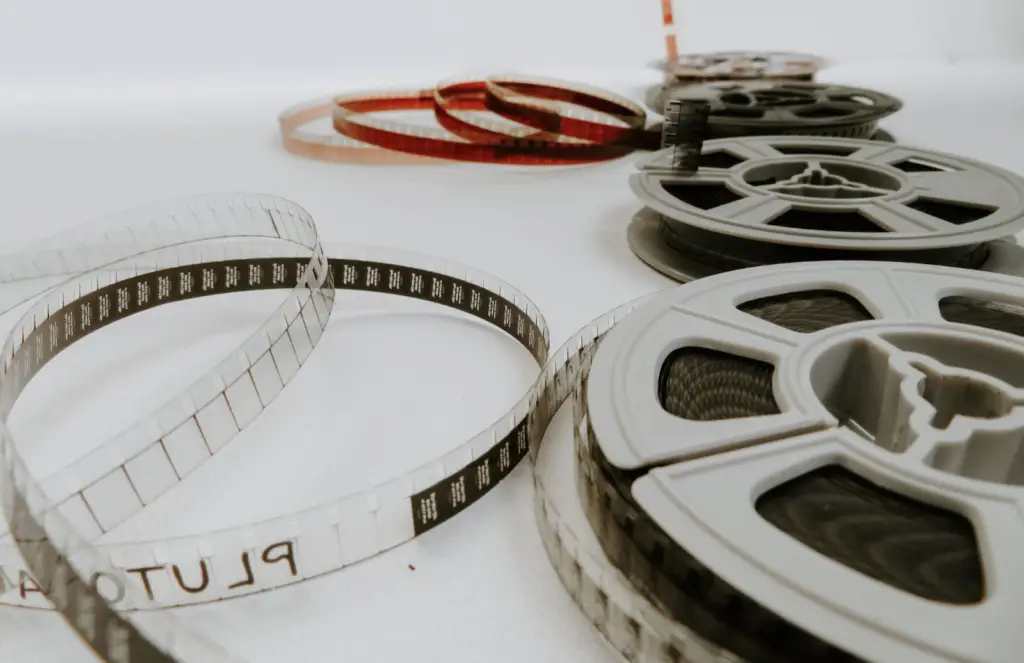
A David vs. Goliath story. A bit of romance. A pleasant cast with a handsome, everyman’s hero lead. Government oppression. A questioning press. A heartfelt victory based on a true story. More than a sprinkle of trouble, whether from man or nature. And lots of great sounding Sixties’ styled tunes. Mix them all together and you get “3 Mile Limit,” one of the more clever origin stories coming at ya from down under.
Getting Rock ‘n’ Roll to the masses was a hard battle fraught between freedom-worshiping, music-loving individuals and the bureaucratic establishment of the 1960s. Radio Hauraki (still broadcasting!) was the first international outpost of rebellion at the “Top of the Dial” and a few miles off the coast of New Zealand.
“3 Mile Limit” is not yet a hit in its native country, but it should be when it opens there in early March. Alongside “The World’s Fastest Indian,” “Once Were Warriors,” and “Whale Rider,” just to name a few other top-grossing Kiwi titles familiar to audiences here in the United States.
Director Craig Newland’s homage to the legendary 1960s pirate radio phenomenon is a very impressive feature film debut, for those who caught the film stateside at the Fargo Film Festival, where it won the best narrative feature award (or are lucky enough to live in the Washington, DC, area, where you can catch it at the DC Independent Film Festival with a post-screening Q&A with Matt Whelan). For those old enough to remember the government’s (pick any country, it doesn’t really matter) obsession to oppress rock ‘n’ roll music back in the 1960s, or if you saw Richard Curtis’s “Pirate Radio,” his eccentric slant on a similar situation in the middle of the North Sea, Newland has expanded his 2009 (the same year Curtis’s feature was released) short “Radio Pirates,” based on the same true events he’s covering now. He even uses the same co-conspirator, er, co-writer, Andrew Gunn, to do battle against the steadfast Government Broadcasting Corporation’s policy banning “fringe” music.
Starting in early 1965 and spanning the next five years, the film chronicles the high and low points in the rag-tag effort to legitimize the station’s radio license aboard a ship anchored offshore. At the bow is Richard Davis (Whelan), a music editor for the local paper, who loves his portable music player and a group of young lads (“The Yellow Sprockets”) with a great new beat. In an era where the radio waves are filled with chamber music and sleep inducing chats, he dreams of delivering great new music to the masses.
With his friend Morrie (James Crompton), a radio techie, Alex (Elliot Wrightson), a bored ad agency grunt, his bud Nick (Daniel Musgrove), and a few other off-beat supporters—including Richard’s artist wife Judy (Belinda Crowley)—the team gloriously overcomes the too-many obstacles placed before them in the film’s initial chapter. The government’s buffoons fight back, of course, mostly in the person of unwavering Broadcasting Minister Jim Willis (David Aston), who believes his bureau caters perfectly for the public’s radio appetite.
Some of the film’s fun comes from the relics of a bygone era, of Sony reel-to-reel recorders, World War II naval radio transmitters, and old seaplanes. Or from the tried-and-true method of tricking and sticking it to “the man.” There’s also the nausea-inducing antics about the Tiri, the barely seaworthy vessel that stretches the young men’s budget and houses their new “office.” It’s also got the requisite deejay audition sequence, with such fumbling delivery flavors on the casting couch as staid classical to stoner mumbling to German to stuttering.
DJ Stipsen’s cinematography (Steadicam, I suspect) gives the film a nice realistic feel. And there’s a great set of original songs, many by Suzanne Lynch and Adrian Stuckey, on the soundtrack.
Youngsters may not comprehend the crackle heard on old transistor radio sets (vs. the sometimes-too-smooth delivery of today’s digital music) as the Yellow Sprockets greeted the listeners a half-century ago, but they should latch onto the film’s anti-establishment bias.
All hail Rock ‘n’ Roll! Long live “3 Mile Limit!”

As a 13 year old when Radio Hauraki first debuted I remember how everybody including myself was so gripped by the whole deal. As time went along we all learnt more and more about what was going down
We listened and cheered in front of the television each evening as the whole thing unfolded
Talk about a pioneer spirit
I was at Wesley college in South Auckland that first year I had a little Phillips transistor radio wwould gather around it barely being able to hear it
We had this stupid thing we used to say that if anything was protruding or sticking out of anything we would say it’s trying to bring in Radio Hauraki
Such memories and so glad to have been a part of it all
Review written by Elias Savada.